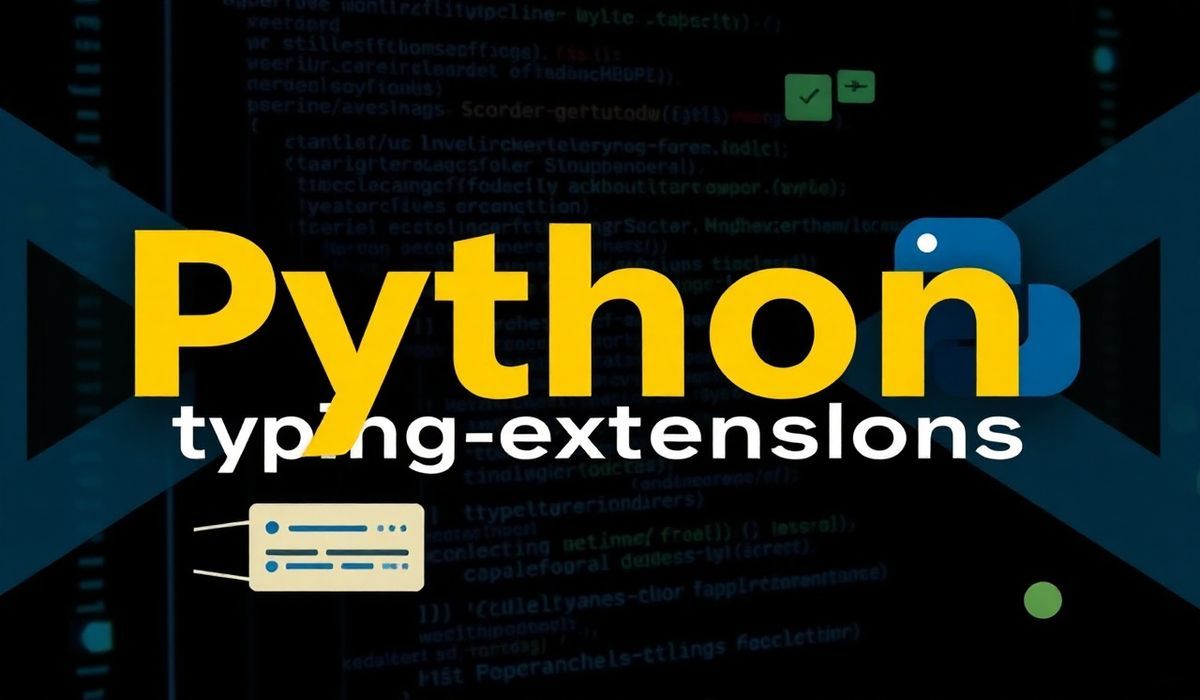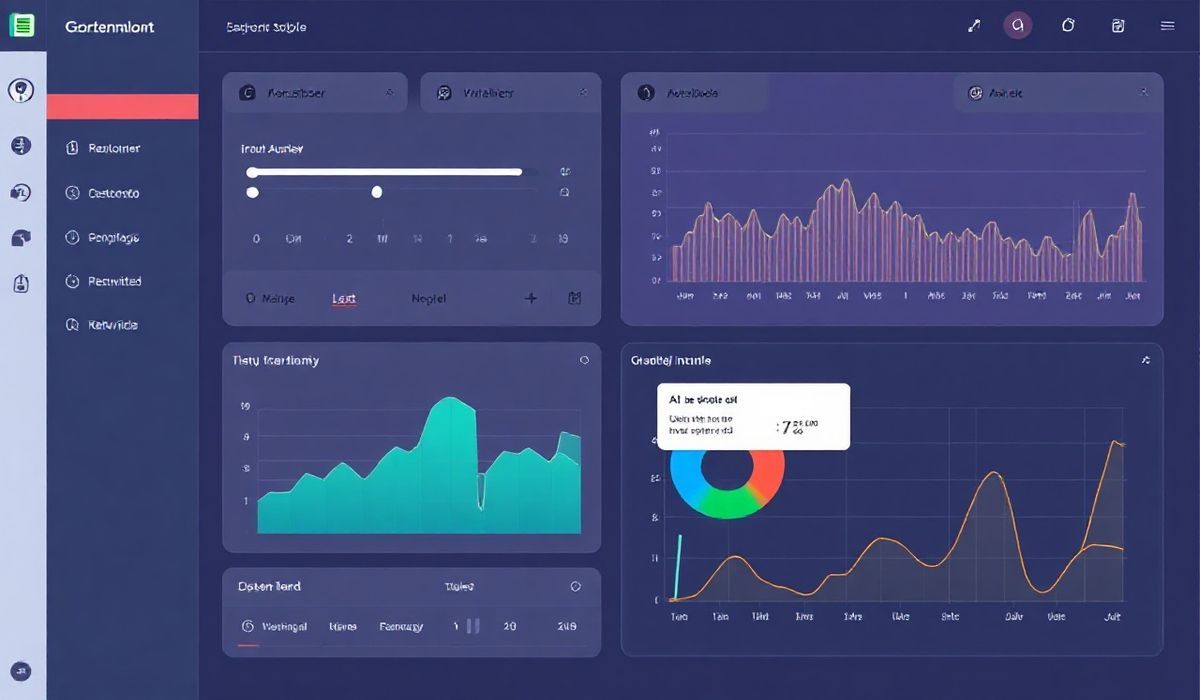Welcome to the World of typing-extensions
The Python typing-extensions library enhances your experience with type hints by introducing advanced and experimental type hinting features not present in the base typing module. Its compatibility across various Python versions makes it essential for modern Python development.
Why Use typing-extensions?
Modern software development emphasizes code readability and maintainability. Adding type hints improves code documentation and prevents bugs, leading to better collaboration and code quality. The typing-extensions module extends type-hinting functionality with a variety of amazing tools. Below, we’ll delve into these APIs along with valuable examples.
Essential Features and APIs in typing-extensions
1. Literal
The Literal type helps restrict the values a variable can take.
from typing_extensions import Literal
def greet(role: Literal['admin', 'user', 'guest']) -> str:
if role == 'admin':
return "Welcome, administrator!"
elif role == 'user':
return "Hello, user."
elif role == 'guest':
return "Hi, guest."
else:
raise ValueError("Invalid role!")
print(greet("admin")) # Welcome, administrator!
2. TypedDict
Define dictionaries with fixed keys and their associated value types.
from typing_extensions import TypedDict
class UserProfile(TypedDict):
name: str
age: int
email: str
profile: UserProfile = {
'name': 'Alice',
'age': 25,
'email': 'alice@example.com'
}
3. Annotated
Add metadata to types to provide additional context.
from typing_extensions import Annotated
def process_data(data: Annotated[int, "This is an integer parameter"]) -> str:
return f"The data is: {data}"
print(process_data(42)) # The data is: 42
4. Final
Prevent reassignment of variables or subclassing a class.
from typing_extensions import Final MAX_LIMIT: Final[int] = 100 # MAX_LIMIT = 200 # This will raise a type checker error!
5. @overload
Allow multiple function signatures for better type clarity.
from typing_extensions import overload
@overload
def add(x: int, y: int) -> int: ...
@overload
def add(x: str, y: str) -> str: ...
def add(x, y):
return x + y
print(add(1, 2)) # 3
print(add("a", "b")) # ab
6. Self
Allow method annotations to return the instance type.
from typing_extensions import Self
class FluentBuilder:
def set_name(self, name: str) -> Self:
self.name = name
return self
def build(self) -> dict:
return {'name': self.name}
builder = FluentBuilder().set_name("Product").build()
print(builder) # {'name': 'Product'}
A Practical Application Using typing-extensions
Here’s an example of a REST API handler for managing a bookstore:
from typing_extensions import Literal, TypedDict, Final
API_VERSION: Final[str] = "1.0"
class Book(TypedDict):
title: str
author: str
genre: Literal['fiction', 'non-fiction', 'science', 'biography']
price: float
books: list[Book] = []
def add_book(book: Book) -> str:
books.append(book)
return f"Book '{book['title']}' added successfully!"
new_book: Book = {
'title': 'Python for Beginners',
'author': 'John Doe',
'genre': 'science',
'price': 39.95
}
print(add_book(new_book))
print(books)
Conclusion
With type-hinting capabilities like Literal, TypedDict, Annotated, and more, the typing-extensions library greatly enhances Python’s type system. This results in error-free, well-documented, and maintainable code. Start leveraging these advanced features today!




